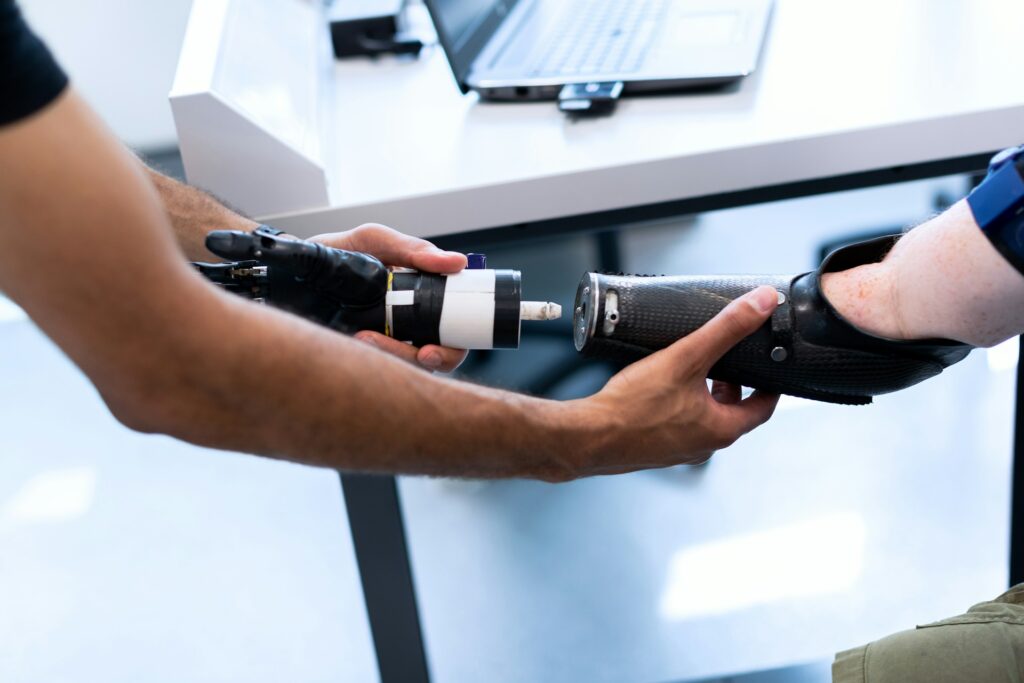What is Biomedical Engineering?
by Diane N.
When it came time for me to choose a college major, I found myself at the crossroads of my two favorite subjects: the precise, problem-solving nature of math, and the fascinating, intricate workings of human physiology. This led me to discover Biomedical Engineering (BME), a field that seamlessly blends these interests into one dynamic and impactful discipline.
What is Biomedical Engineering?
Biomedical Engineering is at the forefront of healthcare innovation. It’s where technology meets biology to improve our quality of life. BME professionals work on developing advanced medical devices, artificial organs, prostheses, and new biomedical technologies. Imagine being part of a team that designs the next generation of heart pacemakers or develops artificial limbs that move naturally with thought.
Biomedical Engineering’s impact on everyday life is profound. From wearables that monitor health in real-time to advanced imaging technologies that detect diseases earlier, BME innovations are all around us. These advancements make treatments more effective, surgeries less invasive, and recovery times faster, significantly improving patient outcomes.
Why Choose Biomedical Engineering?
Choosing BME as a major is stepping into a world where education directly translates into saving lives and improving patient care. For me, it was the opportunity to dive deep into both math and physiology, not just in theory but in practical, life-changing applications. It’s a major that challenges you to think critically, work collaboratively, and innovate relentlessly. Plus, the field’s broad scope means there are numerous career paths to explore, from research and development to clinical engineering and beyond.
Core Skills and Learning Pathways
As a BME student, you’ll gain a robust set of core skills, ranging from bioinstrumentation, biomaterials, computational biology, to systems physiology. Courses like “Biomechanics” explore the mechanics of the human body, while “Biomedical Signal Processing” teaches you how to interpret and use biological signals for diagnosis and monitoring. This interdisciplinary approach ensures that you’re well-prepared to tackle the challenges of modern medicine.
Embarking on Your Biomedical Engineering Journey
Choosing Biomedical Engineering as a college major is the first step on a journey of discovery, innovation, and real-world impact. It’s about using your skills to bridge gaps in healthcare and technology, bringing forth solutions that once seemed like science fiction. If you’re drawn to the idea of blending math and physiology to advance healthcare, BME could be the perfect fit for you.

